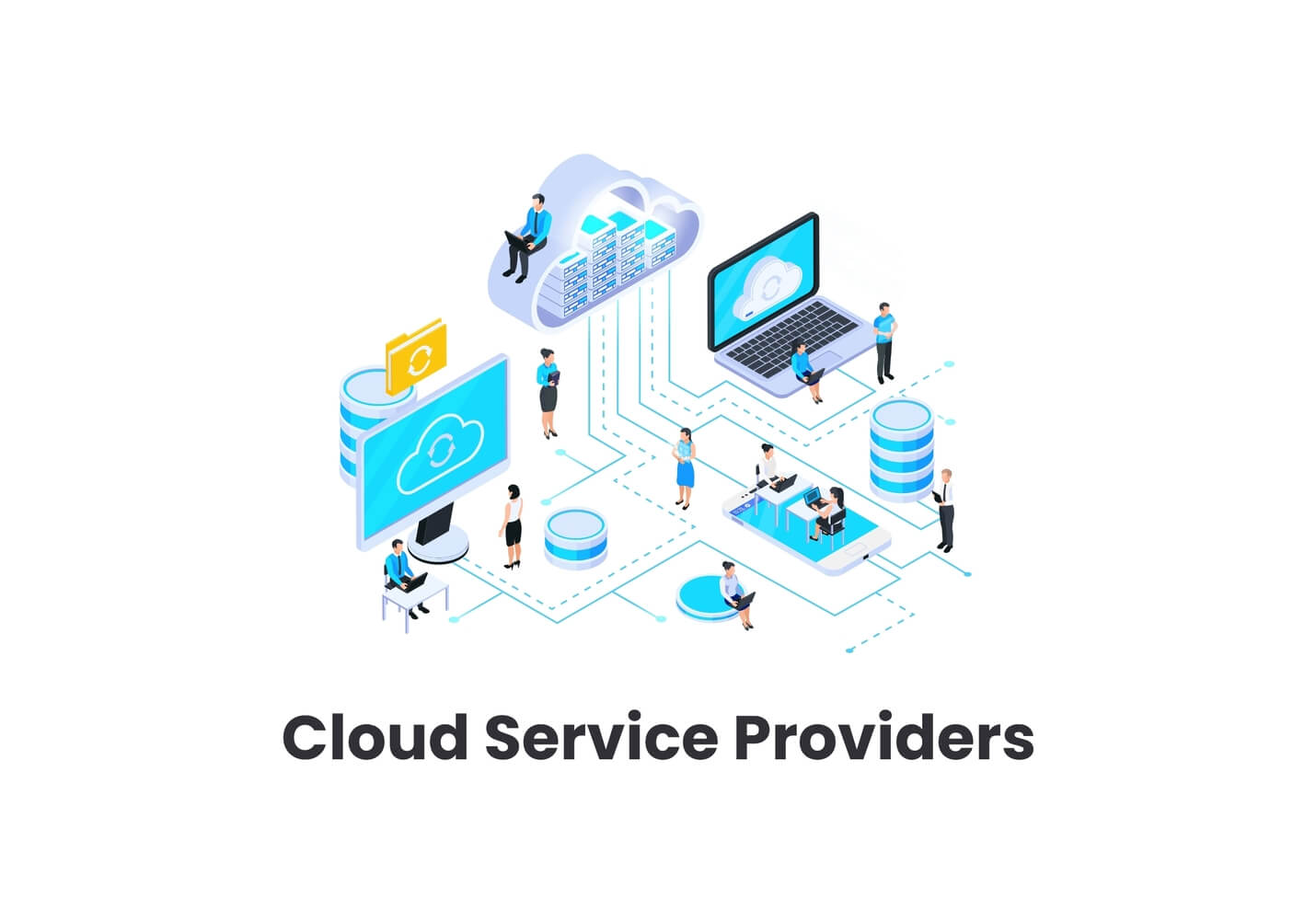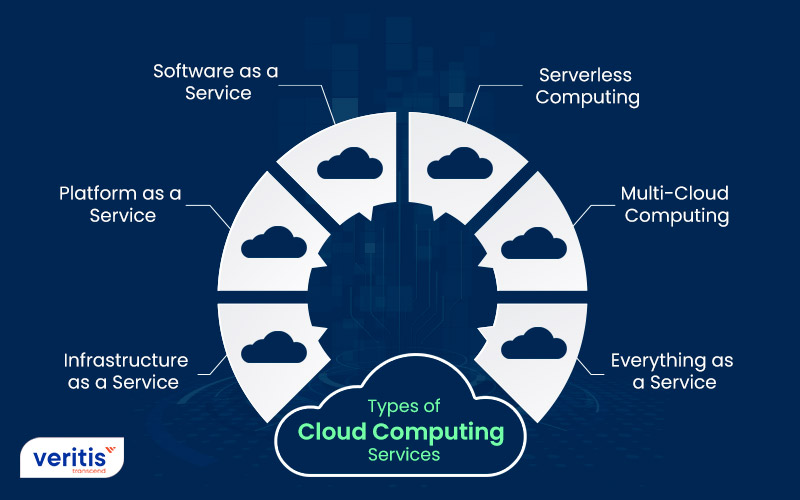Discover LinkDaddy Cloud Services for Universal Cloud Service Success: Press Release Insights
Discover LinkDaddy Cloud Services for Universal Cloud Service Success: Press Release Insights
Blog Article
Streamline IT Management With Cloud Provider
Cloud services have emerged as a feasible solution for organizations looking to improve effectiveness, lower prices, and improve total IT efficiency. Exactly how exactly do these cloud solutions transform typical IT administration techniques? Let's check out the transformative influence of leveraging cloud services on IT procedures and the vital considerations for effective implementation.
Benefits of Cloud Provider

Furthermore, cloud solutions make it possible for companies to enhance their operational efficiency by streamlining processes and lowering the time and resources required for managing IT facilities. With cloud services, companies can automate routine jobs, such as software updates and information backups, liberating IT teams to concentrate on even more tactical efforts that drive company worth.

Boosted Scalability and Versatility
Cloud solutions provide companies with unparalleled scalability and versatility in managing their IT sources effectively. With cloud services, services can promptly scale up or down their computing resources, storage space capability, and network transmission capacity to fulfill changing needs without the need for significant upfront investments in hardware.
Moreover, cloud services offer the flexibility for employees to gain access to firm information and applications from anywhere, at any moment, and from any type of gadget with a web connection. This capability improves performance and collaboration among remote groups or workers working in different locations. Additionally, cloud services provide the adaptability to pick from a range of service versions, such as Framework as a Service (IaaS), Platform as a Solution (PaaS), or Software Program as a Solution (SaaS), based on the specific requirements of business. The enhanced scalability and flexibility supplied by cloud services empower businesses to maximize their IT procedures and stay nimble in today's vibrant market atmosphere.

Cost-Effectiveness and Savings
With the capability to efficiently allocate sources based on need, organizations making use of cloud solutions can harness considerable cost-effectiveness and realize significant cost savings in their IT operations. Additionally, cloud solutions reduce upkeep costs by moving the responsibility of hardware maintenance and software updates to the service company. Overall, the cost-effectiveness and cost savings accomplished through cloud solutions allow services to reallocate resources towards innovation and growth efforts.
Improved Safety And Security and Conformity
Enhancing the general safety pose and guaranteeing governing compliance are critical factors to consider for companies leveraging cloud solutions in their IT management techniques. Cloud provider supply innovative safety and security measures, such as information file encryption, multi-factor verification, and automated backups, which can bolster a business's safety and security structure. These service providers additionally follow stringent regulative criteria, such as GDPR, HIPAA, and PCI DSS, helping organizations satisfy compliance requirements better.
Executing cloud solutions can improve safety by giving systematized control over access administration, tracking, and information protection. This centralized method streamlines safety and security management and guarantees regular application of safety policies across the company. Cloud services usually use real-time security updates and spots, lowering the threat of vulnerabilities and prospective violations.
Finest Practices for Cloud Application
Applying cloud solutions successfully requires an organized strategy that encompasses detailed preparation and diligent implementation. To make sure a smooth shift to the cloud, organizations need to start by performing a detailed analysis of their existing IT facilities and determining which workloads are appropriate for migration. It is important to establish clear purposes and define key performance indications (KPIs) to determine the success of the cloud implementation.
Among the finest practices for cloud implementation is to carefully choose a cloud provider that aligns with the company's requirements in regards to security, cost-effectiveness, scalability, see this here and compliance. Additionally, producing a comprehensive movement plan that lays out the steps included, timelines, and duties is vital for an effective implementation.
Consistently keeping an eye on and enhancing cloud sources to ensure effective efficiency and price management is one more important element of cloud implementation best methods. Continual examination of the cloud setting and staying informed regarding updates and brand-new features provided by the cloud copyright can further enhance the organization's cloud method. By complying with these ideal techniques, companies can improve their IT administration and maximize the benefits of cloud services.
Conclusion
To conclude, leveraging cloud services for IT administration provides many benefits, including improved scalability, cost-effectiveness, boosted protection, and conformity. By adhering to ideal techniques for cloud execution, organizations can streamline their IT operations, automate regular jobs, and maximize source allowance. This structured technique enables IT groups to concentrate on calculated efforts and development, ultimately delivering worth to the company. Generally, cloud services enhance operational efficiency and dexterity in handling IT facilities.
Furthermore, cloud services give the versatility to choose from a selection of service versions, such as Facilities as a Recommended Site Service (IaaS), System as a Service (PaaS), or Software as a Solution (SaaS), based on the specific demands of the company. In addition, cloud services reduce maintenance expenses by shifting the duty of hardware maintenance and software updates to the solution provider.Enhancing the general security pose and guaranteeing regulatory conformity are paramount considerations Continued for services leveraging cloud solutions in their IT monitoring techniques.On a regular basis maximizing and keeping track of cloud sources to ensure effective efficiency and cost administration is one more critical element of cloud execution ideal practices. Constant analysis of the cloud atmosphere and remaining informed about updates and new attributes supplied by the cloud service provider can additionally boost the organization's cloud technique.
Report this page